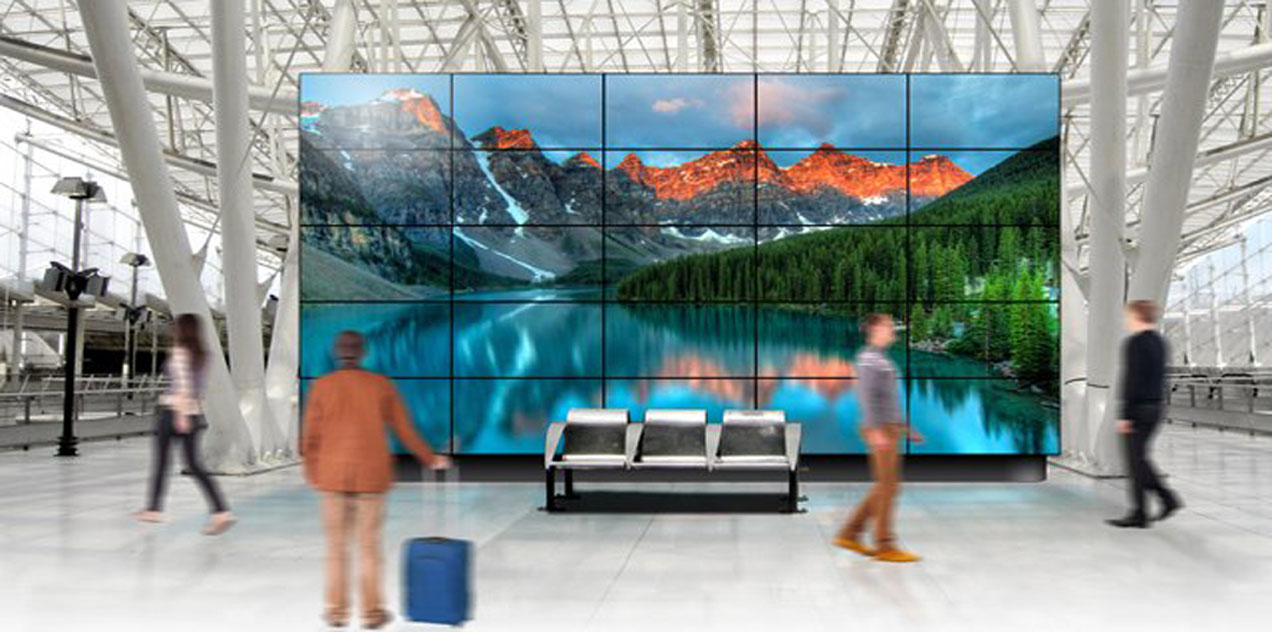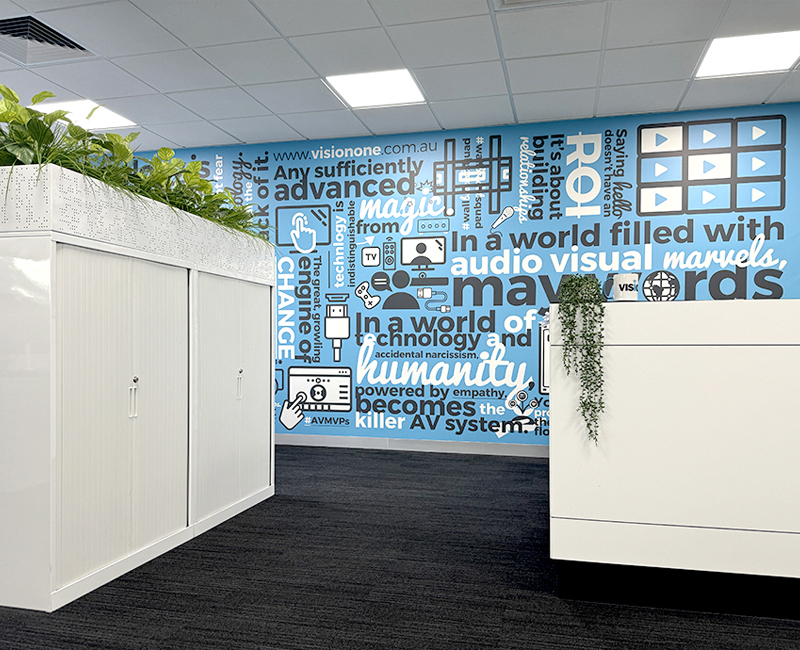Rise of the Network Video Wall
Video walls are becoming increasingly visible in our world. They make big statements, capture attention...
June 16, 2015|#EdTech Articles, Product Info/Videos
Ave Maria College turns hall into video wall showpiece
Ave Maria College took a huge step in solidifying their status as an education leader...
October 13, 2014|Case Study/Installations
Search
About Us
We breathe life into technology, crafting seamless audio-visual experiences that push the boundaries of innovation.
LEARN MORECATEGORIES
In a world filled with audio visual marvels, may words, personality and your moral compass matter most.
Explore Portfolio
Popular Posts
 Breaking New Ground in Arbour-AcousticsApril 1, 2025
Breaking New Ground in Arbour-AcousticsApril 1, 2025 2025 International Women’s Day Live…March 10, 2025
2025 International Women’s Day Live…March 10, 2025 ISE 2025: A Showcase of…February 11, 2025
ISE 2025: A Showcase of…February 11, 2025 AI in AV/T: How Artificial…January 24, 2025
AI in AV/T: How Artificial…January 24, 2025
ARCHIVE
Latest Portfolio
 Presbyterian Ladies’ CollegeMarch 20, 2025 | by cpsadmin
Presbyterian Ladies’ CollegeMarch 20, 2025 | by cpsadmin Royal North Shore HospitalMarch 11, 2025 | by cpsadmin
Royal North Shore HospitalMarch 11, 2025 | by cpsadmin Penleigh and Essendon Grammar SchoolFebruary 26, 2025 | by cpsadmin
Penleigh and Essendon Grammar SchoolFebruary 26, 2025 | by cpsadmin Scotch CollegeFebruary 19, 2025 | by cpsadmin
Scotch CollegeFebruary 19, 2025 | by cpsadmin


